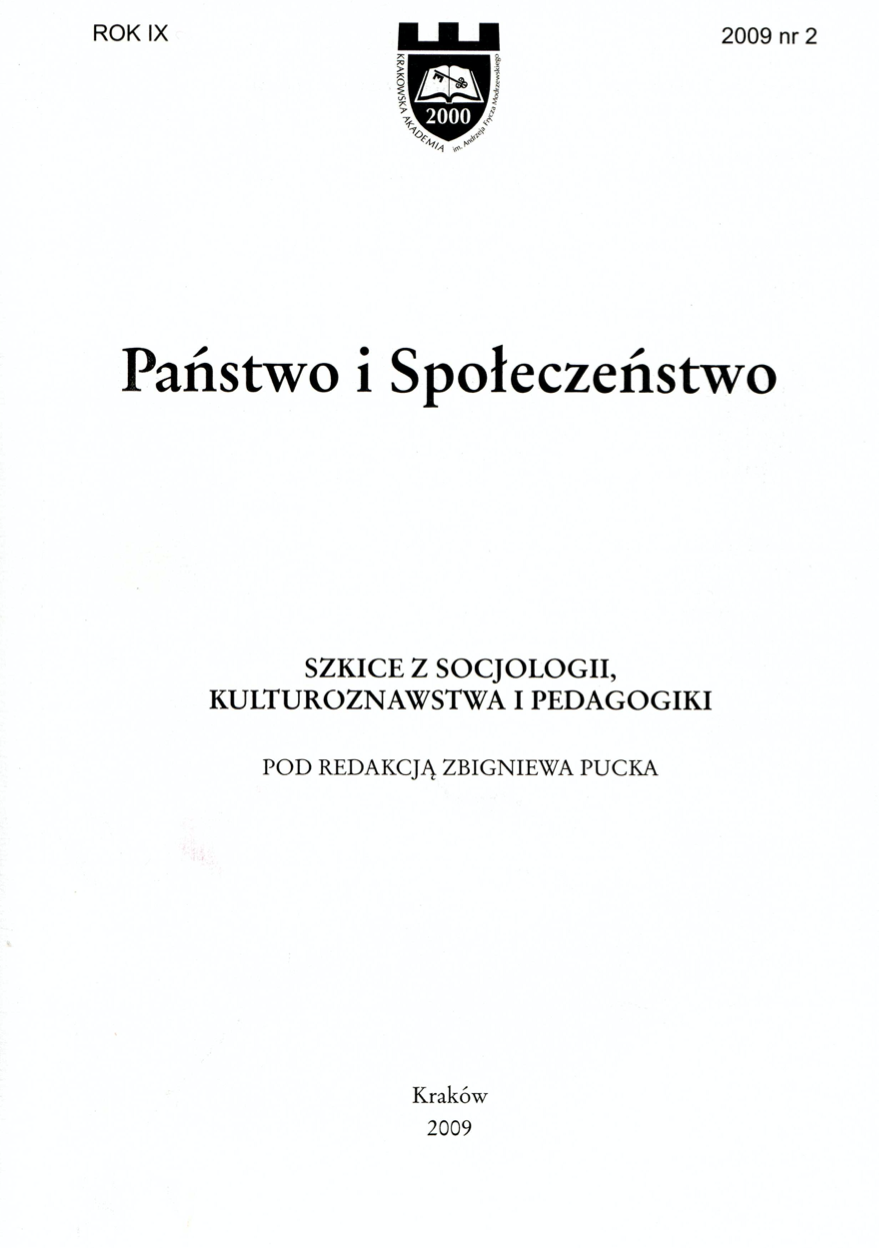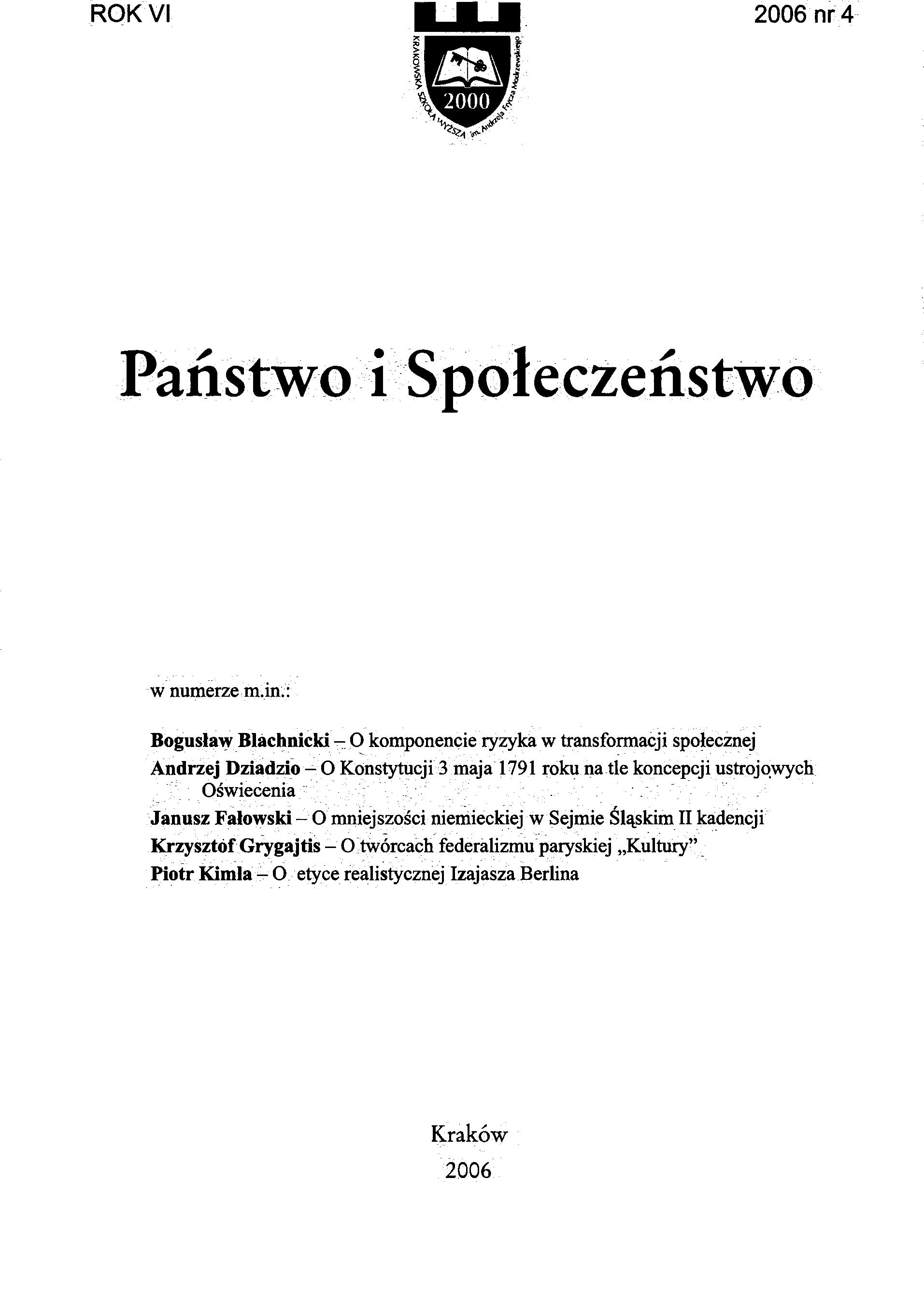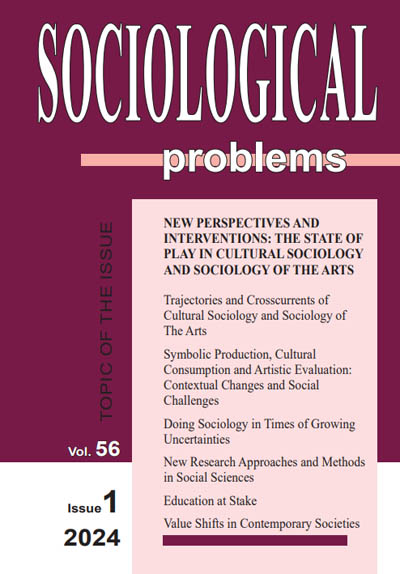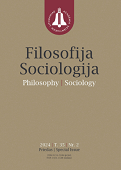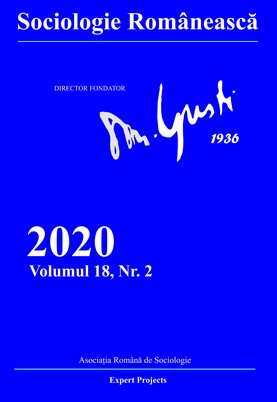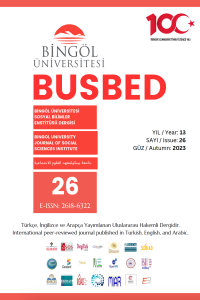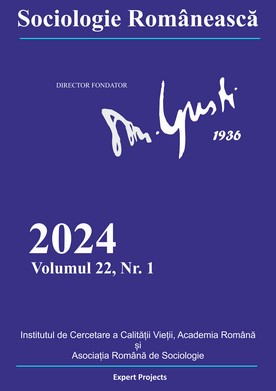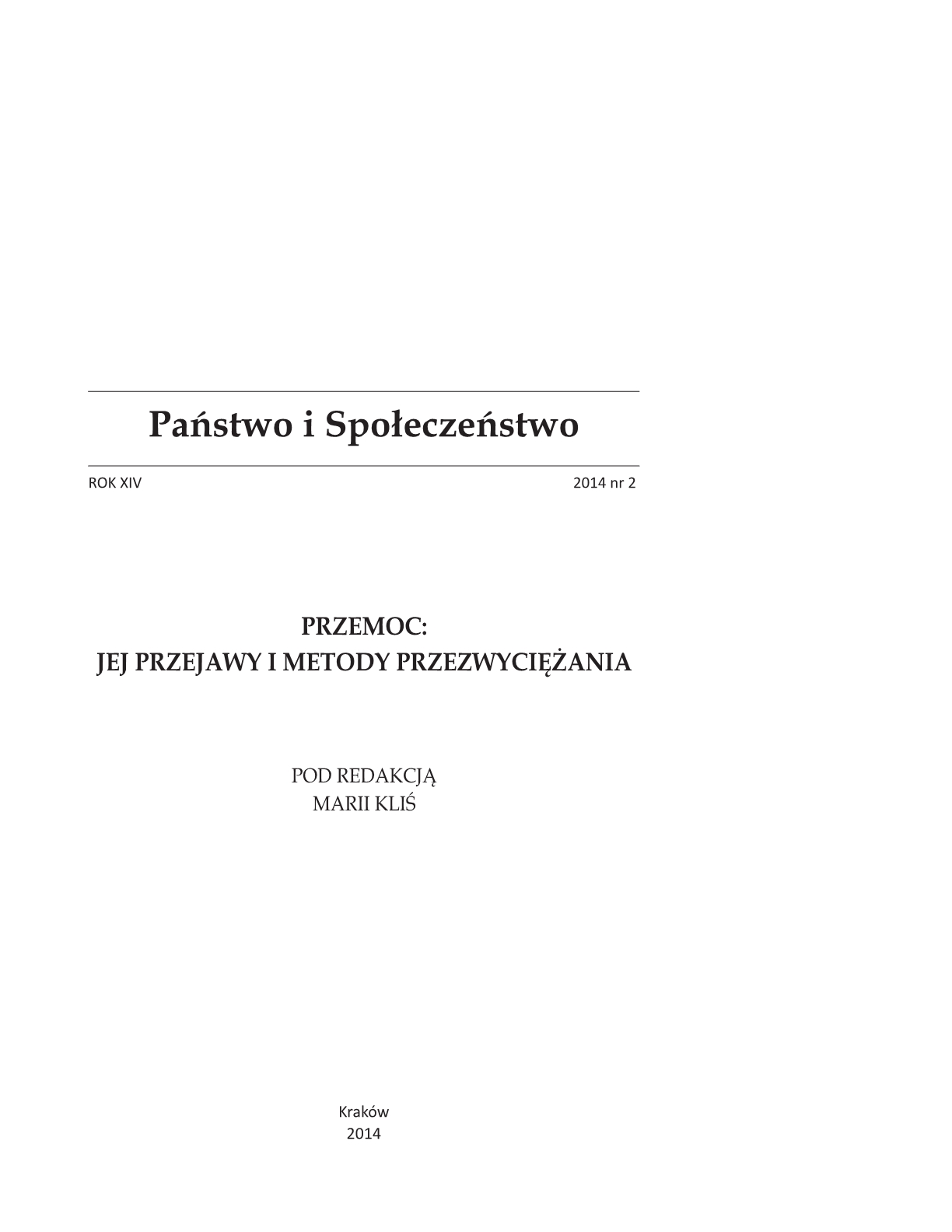
Metafory i performance przemocy – konflikty społeczne i przemoc w świetle rozważań współczesnych teoretyków nauk społecznych
We live in the world of ubiquitous violence and on the other hand, reflection over violence. Violence breeds violence, but what breeds reflection over the violence? According to Pierre Bourdieu, Harrison C. White, and others, we can say that violence could help us understand the social reality and create a more sophisticated theory which gain together the antisocial behaviors and their social and individual backgrounds. Anton van Harskamp in preface to work Conflicts in Social Science shows, that social violence compare to the others social problems is not a safe field of research. Numerous social scientists find themselves caught up in an inextricable entanglement of scientific conflicts and societal antagonisms, we have thousands – as van Harskamp says – theories about violence and conflicts. In naïve thinking we can say, that violence rose as a form of social metaphor. Especially for Pierre Bourdieu violence and conflicts are connected with the politics of language. In his theoretical and sociological universe, social capital, symbolical power and habitus help understand the hidden dimension of symbolic violence shown as the violence without violence. The next author Slavoj Žižek explore the inner world of violence as a social and language mechanism. Bourdieu and Žižek follow by philosophical and narrative theories show violence in the everyday experience as a pattern of individual behavior. In contrary to these authors, Harrisona C. White explore social conflicts as a part of social networks and social spaces. The leading theories will be divided into three main subjects: metaphors, symbols and performances, especially the Randall Collins conception of interaction ritual chains is preferred as a crucial for understanding the impact of violence into the society.
More...
